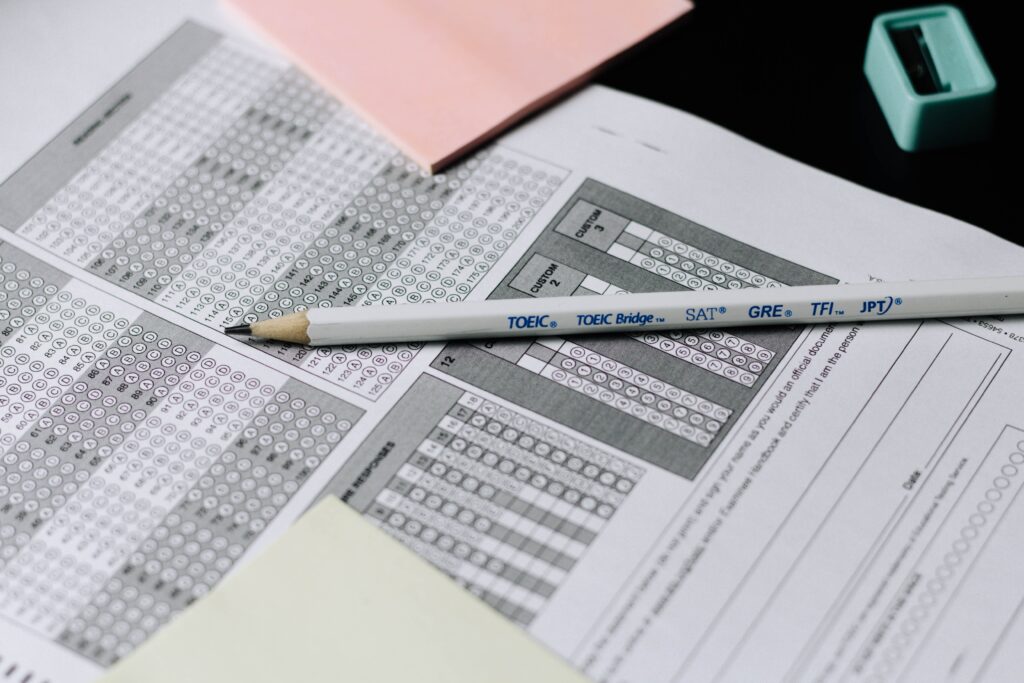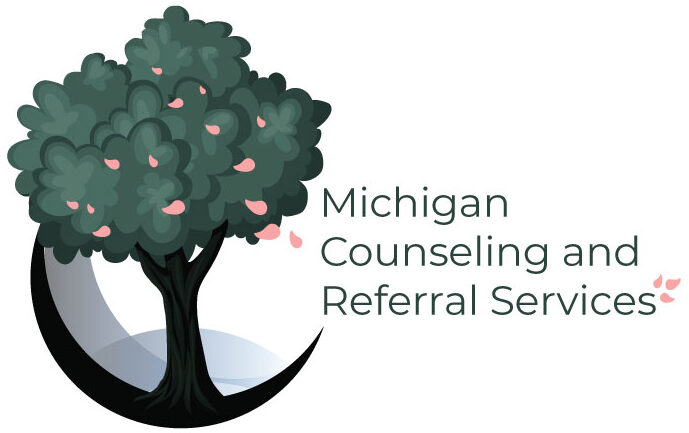Neurodiversity Affirming ADHD Assessment
Attention Deficit Hyperactivity Disorder (ADHD) assessments can be difficult to find outside of your primary care doc recommending somebody with a year long waitlist. I’ve found that for some reason providers are a bit scared of this diagnosis.
But no worries! I’m an ADHD kid who grew up and has a passion for identifying ADHD either in you or your child. I like to do so in a neurodiversity affirming manner.
Read more to find out what that means!

What is Neurodiversity?
Neurodiversity is a term that was developed by an Autistic Australian sociologist named Judy Singer. The term is meant to define a shift in the way we view mental health treatment and diagnosis.
The traditional medical approach to mental healthcare is “diagnose and treat”. Neurodiversity encourages us to look at what we called previously “disorders” as neurological differences.
Viewing yourself as a person with neurological differences vs neurological deficits helps you use your strengths to interact with your environment much healthier for the long term!
For more information on Neurodivergent affirming therapy, check out my article here on 7 things to know about Neurodivergent Affirming Therapy.
Neurodiversity Affirming ADHD Assessments for Adults and Children
ADHD can be assessed in people of all ages! The following are identities and ages that I exercise sensitivity to when assessing you or your child for ADHD:
- Pediatric (3-17)
- Young Adult (18-35)
- Adult (36-62)
- Elderly (63-End of Life)
- LGBTQIA+
- People of Color
- Trauma Background
- Other Medical Conditions
The reason I take all of these identities and ages into account (and more) is because ADHD shows up differently for those of us with different intersecting identities. This is important for the accuracy of the diagnosis.
How to Make ADHD Assessments Neurodiversity Affirming
Mostly the practitioner!
For an ADHD assessment to be neurodiversity affirming, the practitioner needs to have an understanding of neurodiversity.
The practitioner needs to know how to effectively use their skills in addition to the psychometric measures used in order to make an accurate and non-pathologized diagnosis.

It also helps if the practitioner is neurodivergent! Us neurodivergent assessors are (unfortunately) a pretty rare breed in the field currently.
I don’t like the stuffy and intimidating testing environment. We will both be in the conversation, together, exploring your tendencies. I will not expect you to “perform” in any other way than yourself in our initial intake.
After all, we’re exploring you, not your masking. So first and foremost, my aim in testing is to help you feel comfortable and welcomed with me as a fellow ADHDer!
The battery of tests selected
The testing “battery” is the list of tests that we will use in your testing. This is super important! Not all tests are created equal and tell us different things.
Currently, my testing battery includes the following:
Pediatric (Ages 3-17)
- Diagnostic Statistics Manual V ADHD Checklist
- Administered to caretaker(s) and participating family members
- Child Behavior Checklist
- Administered to caretaker(s) and participating family member
- Child Attachment Scale (CAS)
- Administered to caretaker(s)
- Adolescent Attachment Scale (AAS)
- Administered directly to adolescent (13-17)
- Trauma Symptom Checklist for Young Children (TSCYC)
- Administered to Caretaker(s)
- Trauma Symptom Checklist for Children (TSCC)
- Administered directly to adolescent (13-17)
Adult (Ages 18-End of Life)
- Adult ADHD Self-Report Scale 5
- Diagnostic Statistics Manual V ADHD Checklist
- Camouflaging Autistic Traits Questionnaire (CAT-Q)
- Adult Attachment Scale (AAS)
- Core Beliefs Inventory
- PTSD Checklist for DSM 5 (PCL-5)
*All Tests for the Adult Battery are Administered Directly to You as the Client
The tests we choose to include in you or your child’s testing battery will depend on age and maturity level. This will be discussed at the initial intake session.

How will the Tests be Administered
Most ADHD neuropsychological tests consist of various psychometric measures. In many cases, tasks will be assigned to you that are meant to be boring to see how you deal with it. Our medical system has made this look way more complex than it needs to be.
I’m an ADHDer, as well. So I for a fact know that asking me to sit in front of a computer and participate in useless psychomotor activities and logic puzzles isn’t much more than a waste of my time.
So, I don’t intend to waste yours with these tests that only show situational circumstances and cost way too much money.
All I want to do for you is to give you the tests to fill out, whether at home or in clinic. Then you can feel free to bring them back to me, I’ll score them, then we will talk. Simple.
Having ADHD makes life complicated enough. Testing should serve you, not make you feel even more incapable of everyday tasks.
How the Report is Written
The manner in which the report is written is super important to your experience being tested. I’m not one to label or pathologize in written reports, as well as in spoken word.
I will collaborate with you on how you would like me to refer to you in the reports. I use only affirming language. I will not report that you “couldn’t perform” or “failed” in any way, shape, or form.

That’s not helpful for you or the people you need to communicate this information to.
And don’t worry; no writing is required on your part. Only your thoughts and opinions!
Timeline for your Neurodiversity ADHD Assessment
My Neurodiversity Affirming ADHD Assessment spans only 2 sessions that can be done within 1-2 weeks. The timeline is as follows:
| Session | Description |
| Intake (90 Minutes) | -Here we discuss your full history to determine if you should be assessed for ADHD -I will also give you your tests today to be done and returned at your leisure |
| Follow Up Session | -Here we will discuss your results of all the tests you took -We will also discuss recommended follow up based on your results -I will release your report if you requested one at this session or when your balance for neuropsychological testing is $0. |
Please note that between these sessions you will be required to turn in your paperwork/electronic tests to me so I can score and interpret them. Your follow up session will be scheduled following the receipt of your tests.
Pricing for your Neurodiversity Affirming ADHD Assessment
If you are interested in a neurodiversity affirming ADHD assessment, a deposit fee of $45 is due up front at the time of scheduling your intake to hold your spot for testing. No-call, no-shows throughout the testing process will result in a $100 no-call, no-show fee if the canceled appointment is not rescheduled or canceled outside of 24 hours.
If you have insurance benefits, some of your test may be covered depending on whether I am in network with your provider. Please reference this page if I am an in-network provider with your insurance plan.
If I am not an in-network provider with your insurance plan, you will be subject to the full cost of your neuropsychological test with me. Please refer to my insurance/fees page in the link above for my hourly rates for neuropsychological testing.
You may also opt only for the testing and diagnosis without a report. Feel free to let me know if you are looking for a report or simply a test and diagnosis.
Contact Me Directly!
All inquiries are responded to within 1-3 business days from inquiry. Feel free to use my contact information tomorrow to leave a message!
Hours: Monday-Thursday 12-7pm
Phone: (269) 350-3470
Email: info@michigancrs.com
Location: 1451 East Lansing Dr., Suite 219
East Lansing, MI 48823
